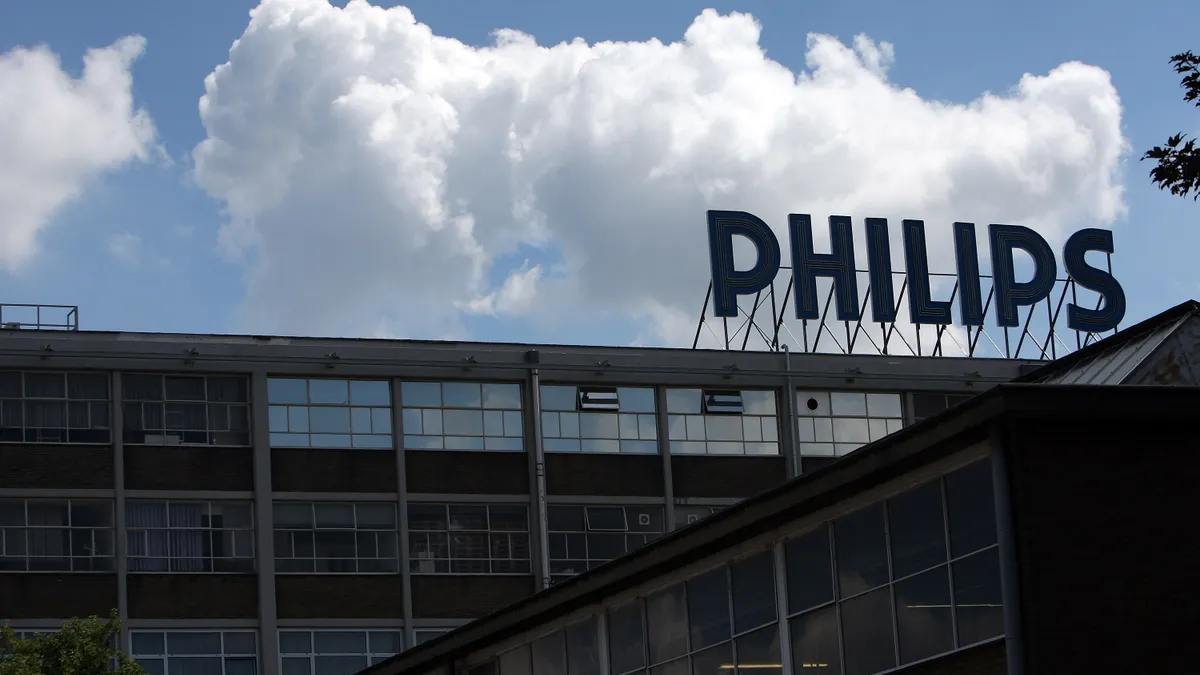Dive Brief:
- Philips will pay more than $62 million to settle charges that it violated the Foreign Corrupt Practices Act (FCPA) when selling medical diagnostic equipment in China, the U.S. Securities and Exchange Commission said on Friday.
- Philips subsidiaries used price discounts that created a risk that excessive distributor margins could be used to fund improper payments to government employees, according to the SEC order.
- The company, in an emailed statement, said it fully cooperated with the SEC and U.S. Justice Department in the matter, conducted its own internal investigation supported by third-party experts, and took remedial measures.
Dive Insight:
The SEC settlement tied to diagnostic equipment sales in China comes as Philips has been working to resolve the fallout from its recall of millions of sleep apnea devices. The Amsterdam-based company last month set aside €575 million ($626.2 million) to cover an expected class action settlement in the U.S., widening the company’s net loss in the first quarter. Philips also is restructuring, resulting in tens of thousands of job cuts globally.
"Despite remediation done in connection with its prior violations, Phillips nevertheless failed over the course of several years to implement sufficient internal accounting controls with respect to its sales of medical technology products in China," Charles Cain, chief of the SEC enforcement division’s FCPA unit, said in the statement.
To settle the SEC charges, Philips agreed to pay $15 million in civil penalties and more than $47 million for disgorgement and prejudgment interest. Philips consented to the order without admitting or denying the findings that it violated the books and records and internal accounting controls provisions of the Securities Exchange Act of 1934, the SEC said.
The order alleged that Philips employees, distributors or sub-dealers engaged in improper bidding practices by preparing additional bids with other manufacturers’ products to create the appearance of legitimate public tenders and to meet the minimum bids requirement under Chinese law.
The agency said that among its findings, a Philips district sales manager provided funds to a hospital director in return for assistance in the procurement process. In another instance, the regulator found that Philips employees discussed tailoring technical specifications for a public tender with hospital directors so that only the company and two other manufacturers would qualify for the bid.
Philips said the alleged tender irregularities in China spanned a period between 2014 and 2019. The company disclosed the investigation in annual reports from 2019 through 2022 and recorded a provision in the fourth quarter of 2022 in anticipation of a resolution.
Philips said it has made substantial investments in its compliance procedures and programs, which are regularly reviewed and updated.
“Resolving these legacy matters is important to Philips. Everyone at Philips is committed to achieving and maintaining the highest standards in its global business, building on a culture of integrity and compliance,” the company said in the statement.










